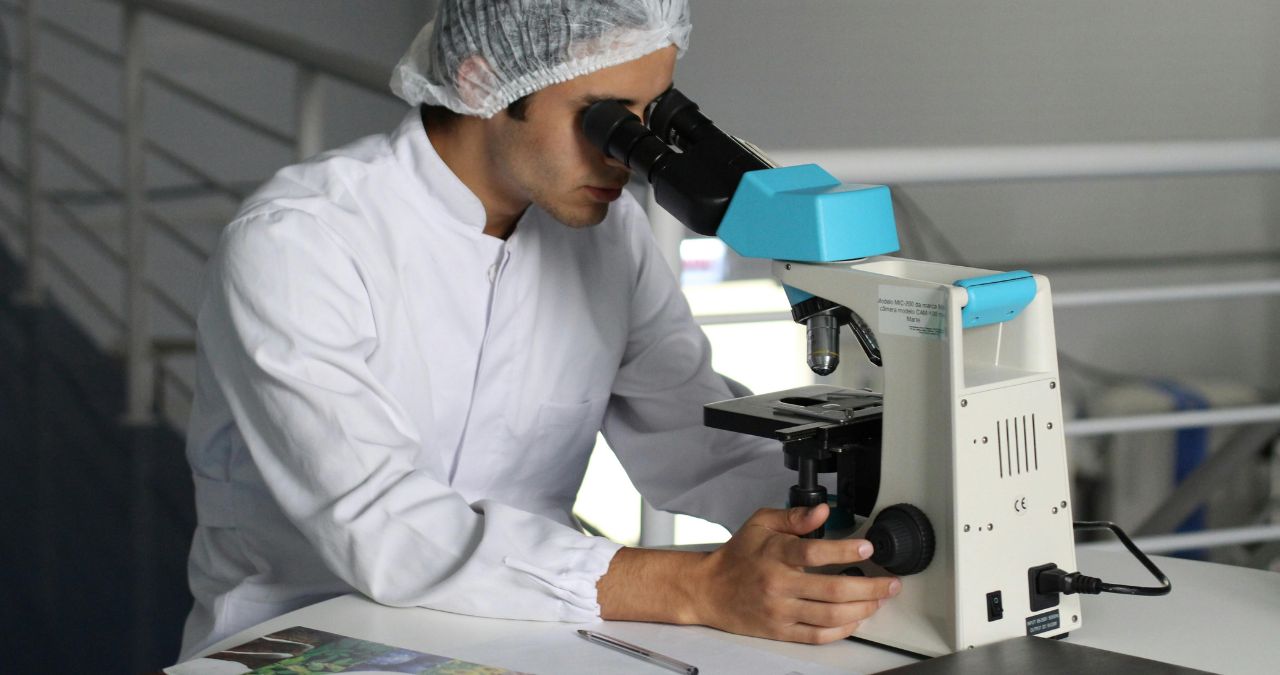Lab-grown meat is a potential revolution for consumer industries and supply chains. It’s an alternative to livestock slaughtering, which still provides a high-quality product that makes it to restaurant kitchens and consumer tables. Eating meat is an essential part of many people’s diets – and it can sometimes be difficult to replace even with the best alternatives. Meat grown in laboratories gives more control over nutrients and substances and could be a more sustainable option for several industries. But what is the future of lab-grown meat and the supply chain? Supply chains can also benefit from lab-grown meat production. Here’s what lab-grown meat could mean for the future of supply chains and why it’s an excellent idea for supply chains to embrace its production.
The Future of Lab-Grown Meat and The Supply Chain
What Is Lab-Grown Meat?
Lab-grown meat is a genuine animal meat product created by cultivating animal cells in a controlled lab environment.”
It’s still considered meat on a cellular level, but it’s meat that scientists have more control over. This leads to a better, more tender, and more nutrient-filled product on the customer’s plate.
Some benefits of the cultivated meat industry include:
- Healthier and quicker to produce
- Reduces the need for slaughtering
Is it More Sustainable?
According to research from independent bodies like EUFIC, the short answer is a resounding yes. More sustainable than the current conventional meat slaughtering industry, it can lead to faster, higher-quality turnover for the entire meat industry.
Lab-grown meat seems expensive and has higher production costs than traditional meat, but the average cow could eat thousands worth of feed in just days. Compound the current livestock industry’s cost, and lab-grown meat is an even cheaper and better alternative. Animals need food and medical care, which adds even more weight to an expensive industry.
That makes lab-grown meat seem like an even stronger alternative than what’s on the market today, including plant-based meat.
The Department of Agriculture has recently approved some companies to sell lab-grown chicken products in the US. Cell-cultivated chicken is grown in labs from stem cells taken from animals of their fertilized eggs. They are mixed with other ingredients, including amino acids, and grown in stainless-steel tanks.
What About Footprints?
Lab-grown meats are not just sustainable in one direction but valuable for many. The agriculture and livestock industries generate considerable greenhouse gas emissions, and supply chains transporting food and animals from one point to another compound the environmental impact.
Companies are pressured to reduce their carbon footprint internationally. Compliant companies are rewarded, but companies who fall short often receive fines or penalties.
This meat alternative also produces a much lower carbon footprint than the combined prints of several industries transporting and slaughtering animals. Cultivated meat companies could be far more sustainable than the current industry footprint.
Is Lab-Grown Meat Healthier?
Studies have shown that lab-grown meat is comparatively healthier than meat from slaughtered animals. Animal products can be high in fat or salt, whereas cell-cultured meats have more control over the final product.
Cultivated meat production is more than just quicker turnover for the industry. Lab-grown meat also provides potential improvements for consumer health.
Cannonball Express Transportation
Cannonball Express Shipping Company has been providing top-of-the-line service at a reasonable rate. Based in Omaha, Nebraska, we provide nationwide refrigerated LTL services, as well as, local delivery services. Contact us today!
Nationwide Shipping Company Services:
- Refrigerated LTL deliveries in the lower 48 states
- Refrigerated Cross dock
Local Shipping Company Services:
-
- Redelivery Services
- Truckload & LTL Capabilities
- PUP
- Cross dock
- Transload
- Warehouse and Distribution capabilities from multiple Omaha Locations

